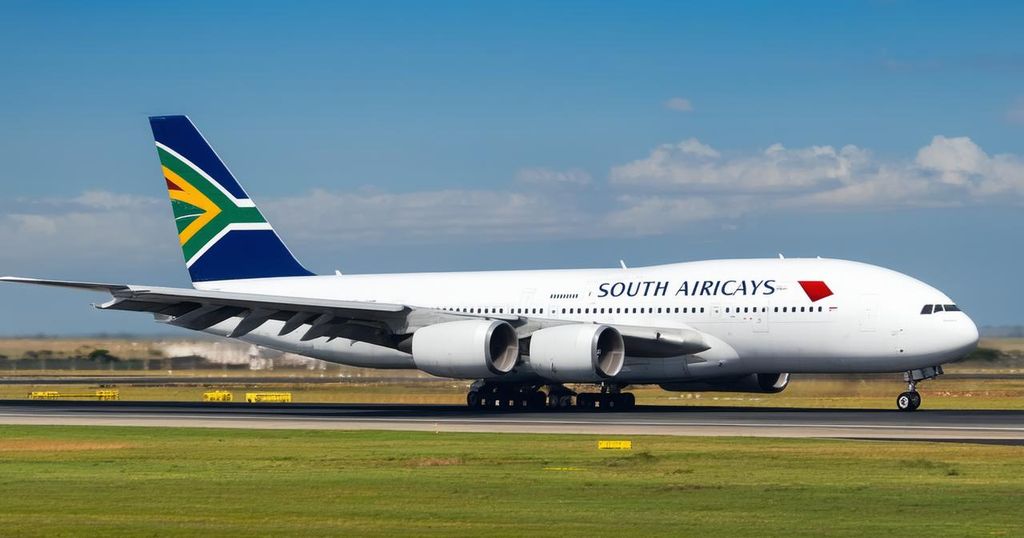Challenges Faced by South African Airways in Recovering R1 Billion from Zimbabwe

South African Airways is facing challenges in recovering R1 billion (about $50 million) stuck in Zimbabwe from ticket sales due to the country’s ongoing foreign currency shortages since 2016. Efforts include diplomatic discussions and potential asset seizures in South Africa. SAA requires these funds for future growth, and the Minister of Transportation is prepared to escalate the issue diplomatically if necessary.
South African Airways (SAA) is currently facing a significant financial challenge as it attempts to recover approximately R1 billion (approximately $50 million) that remains trapped in Zimbabwe. This sum is primarily derived from ticket sales. The airline has engaged in various efforts to reclaim these funds, which include high-level diplomatic discussions, highlighting the urgency and importance of the situation. The ongoing financial difficulties in Zimbabwe, characterized by a persistent shortage of foreign currency since 2016, have complicated South African Airways’ attempts to resolve this issue. According to reports from the Bulawayo 24 News publication, these circumstances have placed similar financial burdens on other airlines operating in the region. In a recent statement, Derek Hanekom, the chairperson of SAA’s board, remarked, “We have been in serious contact with the Zimbabwean government. R1.1 billion is not a small amount of money and it’s not been easy.” The matter has also drawn the attention of South Africa’s Parliament Standing Committee on Public Accounts (SCOPA), led by chairperson Songezo Zibi, who is contemplating the possibility of seizing assets in South Africa as a means to retrieve the withheld funds. Despite SAA’s current liquidity position, the airline acknowledges that it requires a financial boost to ensure future growth. According to Lindsay Olitzski, SAA’s chief financial officer, there is an agreement that would allow $9 million to remain in Zimbabwe for local operational needs, but the airline is yet to receive the remaining funds. Olitzski stated, “The remaining $50 million they indicated a payment plan at an amount of $1 million per quarter. Now that is a very long payment plan, that to date, we have not yet received funds.” In light of these unfolding events, South Africa’s Minister of Transportation, Barbara Creecy, has indicated her willingness to escalate the matter to a diplomatic level, pending a comprehensive report from South African Airways. This circumstance illustrates the ongoing financial complexities and dependencies between the two nations’ airline industries, exacerbated by Zimbabwe’s economic challenges.
Zimbabwe has been grappling with severe economic issues, particularly a persistent shortage of foreign currency that has lasted since 2016, significantly impacting businesses, including those within the aviation sector. South African Airways, as one of the prominent carriers in the region, has found itself trapped by these monetary constraints, causing substantial financial implications for the airline. The R1 billion being sought by SAA represents significant funds accumulated from ticket sales, underscoring the strategic importance of these finances for the airline’s operational stability and future growth. The involvement of government officials and the potential seizure of assets in South Africa highlight the urgency and complexity of the situation.
In summary, South African Airways is currently in the process of recovering R1 billion stuck in Zimbabwe due to ongoing foreign currency shortages in the country. Diplomatic efforts are underway, and the situation has reached a stage where potential asset attachment in South Africa is being considered. SAA leaders express the critical need for these funds not only for current liquidity but also for future growth. The outcome of this situation remains uncertain, with governmental discussions poised to potentially resolve the impasse.
Original Source: africa.businessinsider.com








